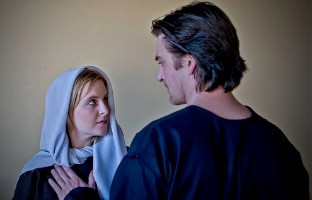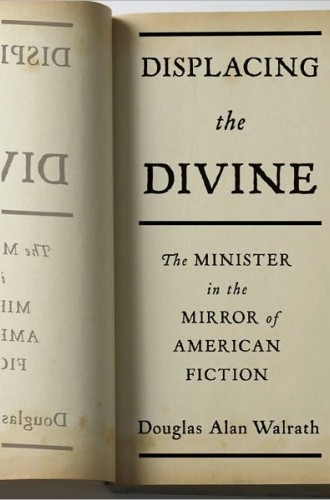Fictional pastors

Some years ago, teaching a seminary course called "The Ordained Minister in the Protestant Tradition," I became convinced that there is no better way to know the truth about us clergy than by reading fiction. A novel like The Leatherwood God (William Dean Howells) or The Mackerel Plaza (Peter DeVries) can provide a more complex, accurate picture of clergy than the more abstract ideas of St. Gregory the Great or Richard Baxter. If I were king rather than just a bishop, I would make Gregory Wilson's The Stained Glass Jungle or Harold Frederic's The Damnation of Theron Ware required reading for all pastors under my care.
Douglas Alan Walrath, pastor, church consultant and professor emeritus of practical theology at Bangor Seminary, has written an encyclopedic and astute survey of American novels about clergy that ought to become a standard text for every budding mainline Protestant cleric, as well as essential reading for anybody who wants to understand why we American clergy are the way we are.
Walrath announces his thesis on page one: "Fiction provides a historical record of the declining regard of ministers and their God." It isn't so much that American culture set out to kill God or God's professional agents; it is rather that the divine was "displaced." This thesis Walrath pushes relentlessly, finding his suppositions confirmed in just about every clergy novel ever written, from Nathaniel Hawthorne to John Updike. Like any good interpretive device, Walrath's "displacement of the divine" yields some compelling insights about dozens of novels. And yet, particularly when Walrath discusses novels like Howells's The Undiscovered Country and Marilynne Robinson's Gilead, I expect that a good deal more is going on in these good novels than a reflection of America's collective, modernist obsession with being done with an anachronistic God.





